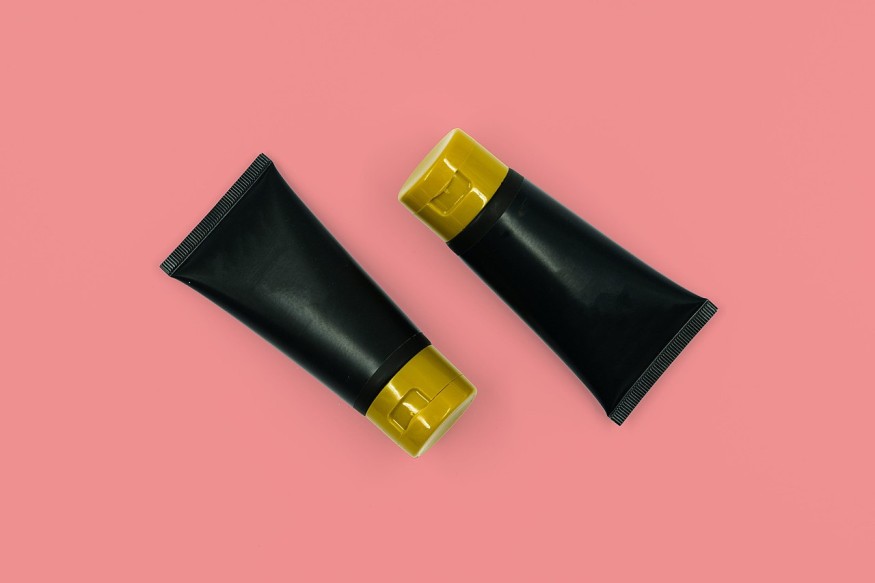Butylene glycol (1,3-Butanediol) is a colorless, viscous liquid that is used as an ingredient for moisturizers and conditioners. It creates a smooth, and thick product, like lotions, that glides effortlessly on the skin.
One of its main properties is it can help maintain a healthy skin barrier and make it look hydrated. It also aids the product to be absorbed faster and deeper into the skin and attract water into the epidermis.
The Cosmetic Ingredient Review panel, a group that oversees the safety of the ingredients in skincare products, has determined that butylene glycol is safe to use. However, some experts still caution people using products containing clear substances to be careful as it might trigger some allergies.

Butylene Glycol Uses and Benefits
Butylene glycol is added to many self-care products, like conditioners, shampoo, lotion, cosmetics, and many others. But it is particularly famously used in gel-based products and makeup that smoothly glides on the face, according to Healthline.
It is a viscosity-decreasing agent that makes other ingredients stick to each other to allow the makeup and skincare products a fluid and even consistency.
Additionally, it is used as a conditioning agent that adds a layer of softness or improved texture to the hair or skin. Sometimes, they are called moisturizers or humectants.
Moreover, it is also used as a solvent that maintains liquid consistency in a chemical compound or product. Through this, ingredients are activated and prevent it to clump together as it is dissolved. Butylene glycol helps the product gently spread out in its desired use.
Aside from acting as a conditioner and moisturizer, it is also made for people with acne. Although it does not actively solve acne problems, the moisturizing and solvent properties of this substance could make anti-acne products right for those suffering from acne problems because it moisturizes the dry skin of the face.
Generally, butylene glycol may be a good ingredient that works in the skincare regimen, especially for those who suffer from frequent breakouts.
Is Butylene Glycol Safe to Use?
The Derm Review wrote on their website that butylene glycol is safe for its approved uses in cosmetics and skincare. So far, there is no evidence yet to suggest that it causes reproductive issues, cancer, and toxicity.
It also does not cause any skin irritation, although some experts caution that someone with sensitive skin might experience allergies. However, butylene glycol itself is a non-irritating substance.
But when accidentally applied to the eyes or around it, butylene glycol could be irritating. Sensitivity is always considered in formulations to avoid irritation and other types of allergic reactions.
There is also a controversy that this ingredient might not be safe due to it being a synthetic product, which means that it is made by humans. In that sense, some believe that it could be toxic, but it has been long tested and reviewed that butylene glycol does not have cumulative toxicity and is safe for cosmetics and skincare products.
Check out for more news and information on Skincare on Science Times.
© 2026 ScienceTimes.com All rights reserved. Do not reproduce without permission. The window to the world of Science Times.












